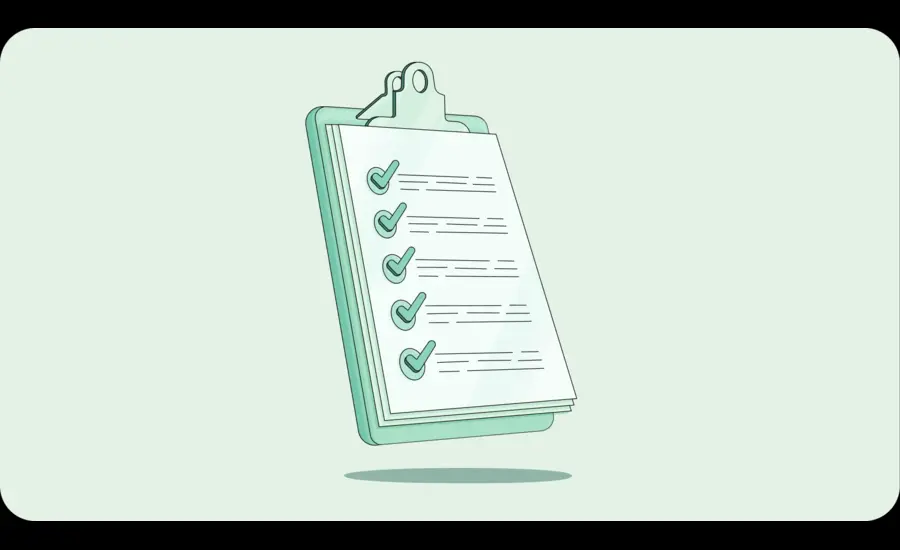S-Corp Tax Compliance: Important Information for Business Owners
It can be difficult for business owners to navigate the complexity of tax compliance, particularly if their company is an S-Corporation (S-Corp). The goal of this tutorial is to give a thorough review of all the important components of tax compliance for S-Corps, including the difficulties freelancers and business owners encounter when trying to maximize their tax deductions and S-Corps tax filing. Understanding the 1099 form, paying anticipated taxes for 2024, and remembering the quarterly tax deadlines are some of the important subjects covered.
Comprehending S-Corps and Their Tax Requirements
For federal tax purposes, a specific kind of corporation known as an S-Corp, or S Corporation, permits income, losses, deductions, and credits to flow through to shareholders. Furthermore, this arrangement aids in preventing the double taxation that C-Corporations are known for. To keep their status and stay out of trouble, S-Corps must follow certain tax compliance guidelines.
The Value of Precise Documentation
Keeping thorough and precise records is one of the core components of S-Corp tax compliance. Maintaining correct records reduces the chance of an audit and makes it easier to submit tax returns by accounting for all revenue and costs. All financial activities, including receipts, invoices, and bank statements, should be monitored by business owners.
What is a 1099 Form?
A set of paperwork called the 1099 form is used to report revenue sources other than wages, salaries, and tips. The 1099-MISC, which is used to report payments made to independent contractors and freelancers, is the form that is most pertinent to S-Corps. An S-Corp is required to provide a 1099-MISC form to the IRS and the contractor if it pays the contractor $600 or more in the course of the tax year.
Since there are fines for incorrectly issuing or reporting 1099 forms, freelancers and business owners frequently struggle with this. Maintaining an accurate and timely record of all contractor payments is imperative for S-Corps, as is making sure that 1099 forms are filed on time.
Projected Tax Refunds by 2024
If S-Corps anticipate owing $500 or more in taxes for the year, they must make estimated tax payments 2024. By making these quarterly payments, the company may avoid having a huge tax bill at the end of the year and make sure it pays its fair amount of taxes throughout the year.
The IRS has determined the following quarterly tax dates 2024:
Furthermore, April 15, 2024 is the first quarter; June 17, 2024 is the second; September 16, 2024 is the third; and January 15, 2025 is the fourth.
Owners of businesses are required to compute their expected tax payments using their anticipated income, credits, and deductions for the year. This can be difficult, particularly for independent contractors and business owners whose revenue varies. To prevent underpayment penalties, it’s critical to routinely analyze financial accounts and modify expected tax payments as necessary.
Optimizing Tax Reductions for S-Corps
Making the most of tax savings while still adhering to tax regulations is one of the main objectives for business owners. S-Corps provide a number of tax savings opportunities, but figuring out which ones to take can be tricky.
Compensation and Distribution of Dividends
Tax savings for S-Corp owners can be achieved by carefully allocating income between dividends and salaries. Dividends are not liable to payroll taxes, but salaries are. S-Corp owners must, however, give themselves a “reasonable” compensation for the labor they accomplish, according to IRS regulations. While determining a fair salary could be arbitrary, it should be in line with what other companies in the same sector are willing to pay for equivalent labor.
Tax Breaks for Businesses
S-Corps can optimize their tax savings by utilizing business deductions. Office supplies, travel costs, and health insurance premiums are examples of common deductions. Furthermore, to be sure they are claiming all allowable deductions, business owners should speak with a tax expert and maintain thorough records of all their expenses.
Retirement Schemes
For S-Corp owners, establishing a retirement plan—such as a 401(k) or SEP IRA—can have a major tax benefit. The business’s taxable revenue is decreased by the tax-deductible contributions made to these programs. Retirement plans can also give businesses a competitive edge by assisting in hiring and retaining staff.
Difficulties for Small Business Owners and Freelancers
Small business owners and freelancers frequently confront particular difficulties in maintaining tax compliance and optimizing tax savings. These difficulties include inconsistent income, a lack of resources, and a poor understanding of tax legislation.
Income Fluctuation
Small business owners and freelancers frequently have unpredictable revenue, which makes it challenging to project yearly profits and determine expected tax obligations. Because of this uncertainty, taxes may be underpaid or overpaid, incurring penalties or missing out on possible tax savings.
Insufficiency of Resources
Since many small business owners and freelancers have limited resources, it can be difficult for them to stay on top of tax compliance obligations. It could not be possible to hire a full-time accountant or tax specialist, which would force one to rely on homemade tax software or little expert help.
Limited Familiarity with Tax Laws
Small business owners and independent contractors find it challenging to stay aware and comply with the ever-changing and complex tax regulations. Furthermore, without a deep comprehension of tax rules, business owners run the risk of unintentionally breaking the law or missing out on important credits and deductions.
Methods for Getting Through Tax Difficulties
Freelancers and small business owners can enhance their tax compliance and optimize tax savings by taking a few actions, despite the hurdles.
Frequent Financial Evaluations
Regular financial reviews can assist business owners in keeping tabs on their earnings and outlays, which facilitates the computation of expected tax payments and the identification of potential tax savings. Reviews conducted on a monthly or quarterly basis can guarantee that taxes are paid and offer insightful information about the financial health of the company.
Expert Guidance
Even while it might not be possible to hire a full-time accountant, small business owners and freelancers can still gain from periodically speaking with a tax expert. A tax expert can offer advice on tax planning, assist in locating credits and deductions, and guarantee that tax returns are timely and accurately submitted.
Tools for Tax Planning
Furthermore, freelancers and small business owners can manage their tax compliance with the aid of a variety of tax preparation tools and software. These programs can help with preparing appropriate tax forms, including the 1099 form, and tracking income and expenses. They can also help with estimating tax payments.
Maintaining Knowledge
Maintaining compliance and optimizing tax savings require being up to date on tax rules and regulations. To stay current on the most recent changes and best practices, business owners should regularly read IRS publications, go to tax workshops, and subscribe to tax-related newsletters.
Verdict
For S-Corps, tax compliance is a complicated but crucial part of managing a profitable company. Business owners may assure compliance and optimize their tax savings by being proactive in their grasp of the rules and obstacles. Furthermore, important tactics include keeping correct records, paying estimated taxes on time, and getting expert help when required. Small business owners and freelancers can successfully handle the challenges of tax compliance and make money if they take the appropriate strategy.





